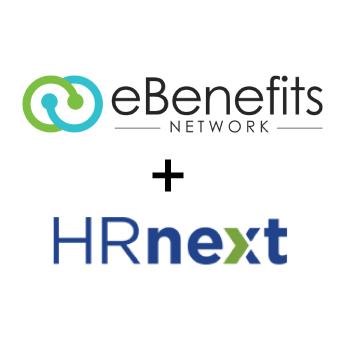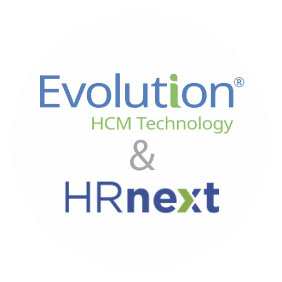What is HRIS Software?
In very simple terms, HRIS stands for “Human Resource Information Systems.” In more practical terms, HRIS is HR software for the management of HR tasks and administrative workforce activities. Today, the acronym “HRIS” is often used synonymously with other related acronyms, such as HRMS (Human Resource Management Systems) and HCM (Human Capital Management). While many companies are using these terms interchangeably, in many cases, significant differences exist among those vendors and products.
The most notable difference among these HRIS vendors relates to the scope of features provided within the system. Some solutions are far more comprehensive or limited than others. Perhaps the most significant difference relates to how closely payroll, time and attendance, and benefits components are integrated within the solution. It would be advisable to ensure that payroll processing and a strong payroll partnership are closely integrated with your HRIS solution of choice.
What HR Functions Does HRIS Include
Over time, as the HR function has become increasingly more complex, demanding and time-consuming, an HRIS software solution has become equally as vital in order to streamline and simplify processes while enabling HR to focus on more important aspects of the business. An HRIS software can cover a very broad range of tasks or HR modules. From recruitment to hiring and retirement, and everything in between, HRIS software can be used to cut countless hours of administrative time and improve overall results while enhancing reporting. Core HR/HRIS modules most often include:-
- Employee Demographics, Certifications and Training
- Time Tracking & Time Off Management
- Employee Scheduling
- Payroll Processing
Why Invest in HRIS Software?
An HRIS system can drastically improve the HR performance of an organization, resulting in no less than five major categories of benefit:- Time – Save countless hours performing administrative tasks each month.
- Savings – Significantly reduce the cost of employee labor and workforce-related administration.
- Productivity – Significantly improve productivity and performance for both your HR department and company.
- Results – Improve the quality of HR activities and outcomes while empowering HR to better focus on strategic tasks than administrative tasks.
- Compliance – Simplify organizational compliance with federal, state and local jurisdictions and guidelines.





Leave a Reply
Want to join the discussion?Feel free to contribute!